Northern Quality Institute
We equip professionals and organizations with the skills, certifications, and quality management solutions needed to drive excellence and success.
Who are we?
Northern Quality Institute (NQI) provides industry-focused training in ISO 9001:2015, Quality Control, Mechanical Inspection, Welding Inspection, X-Ray Coordination and Engineering Drawing. With a focus on workforce development, we equip professionals for success in manufacturing, construction, power generation, and mining. Join NQI and advance your career in quality!
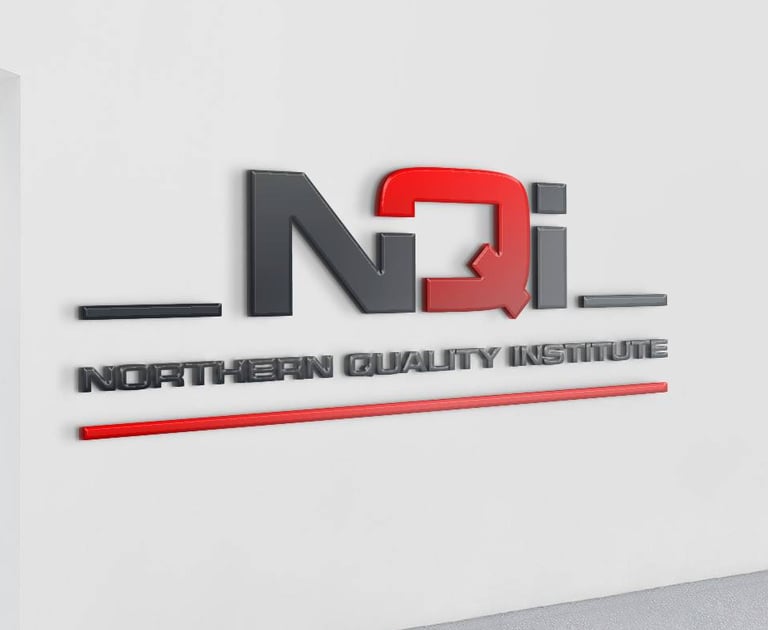

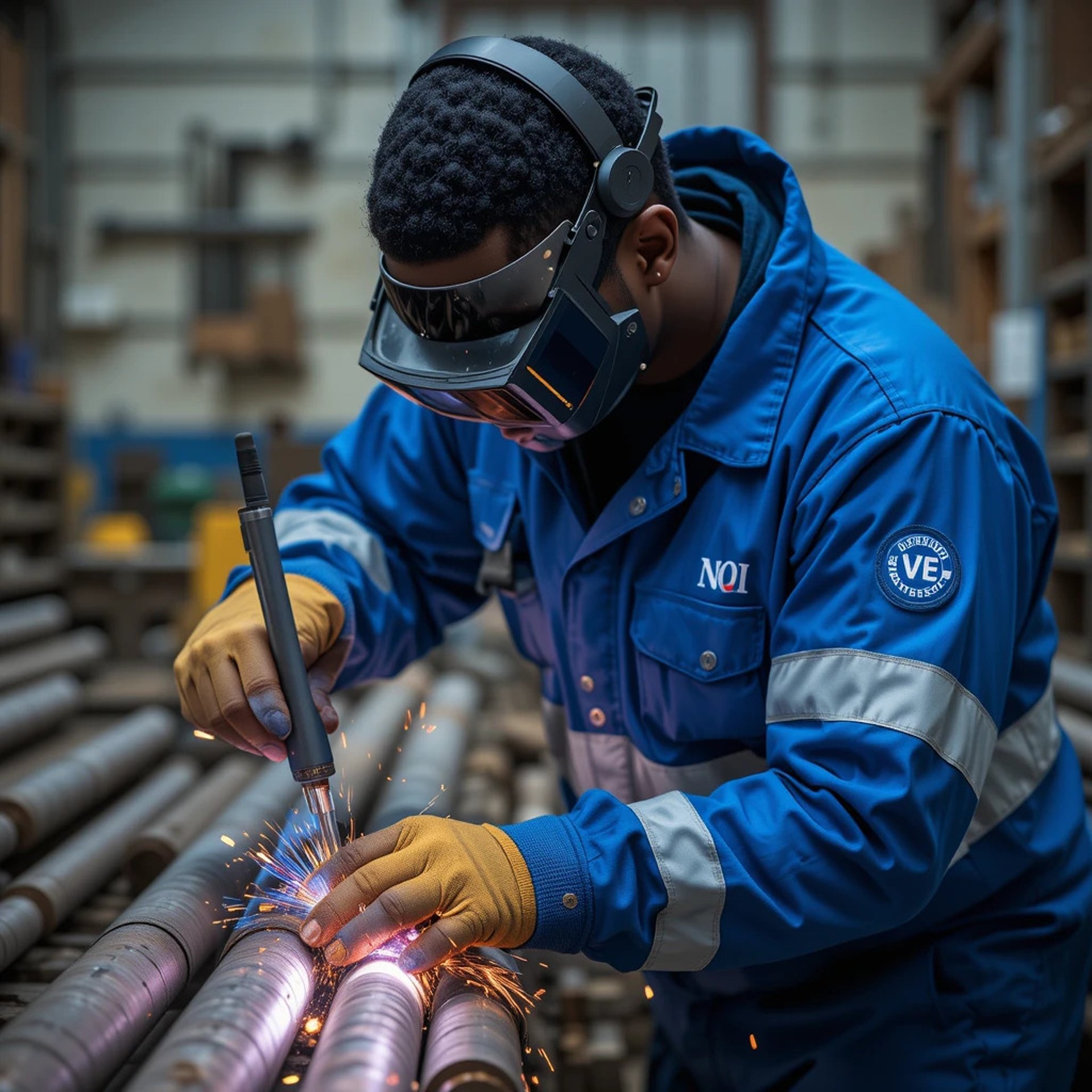
Skills & Competency Programs
Our programs are designed to equip professionals and organizations with the knowledge and skills needed to implement and maintain quality management systems.


Program Highlights:
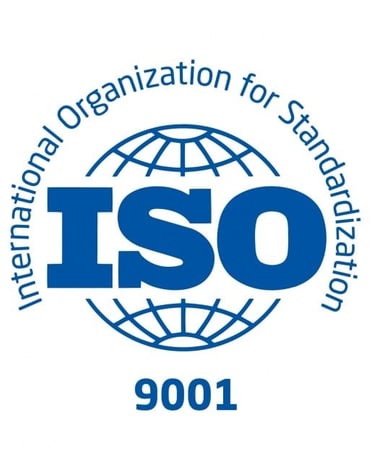

1. ISO 9001:2015 – Introduction
Overview:
This course offers a comprehensive introduction to the ISO 9001:2015 standard, ideal for professionals new to quality management systems. You’ll learn the foundational principles and practical applications of quality standards, empowering you to drive operational improvements.
What You’ll Learn:
Core concepts and principles of ISO 9001:2015
The role of risk-based thinking in quality management
Structure and requirements for an effective quality management system
Techniques to apply these standards for enhanced efficiency and customer
Career Opportunities:
Successful participants can pursue roles such as Quality Assurance Specialist, Quality Coordinator, or Quality Auditor across industries like Oil & Gas, Power Stations, manufacturing, healthcare, IT, and more.
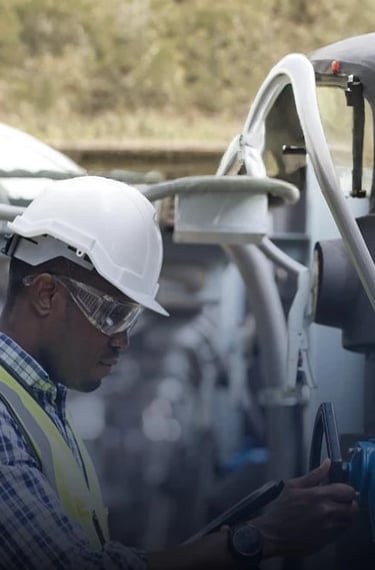

2. Quality Controller
Overview:
The Quality Controller course is designed for those tasked with ensuring that products and processes consistently meet defined quality standards. This course equips you with essential techniques to identify defects and drive continuous improvement in production environments.
What You’ll Learn:
Fundamental quality control techniques and inspection methods
Data analysis for quality improvement
Methods for identifying defects and implementing corrective actions
Best practices for monitoring and maintaining production quality
Career Opportunities:
Completing this course prepares you for roles such as Quality Controller, Production Supervisor, or Quality Assurance Technician in industries like oil & gas, power stations, automotive, food processing, and general manufacturing


3. Mechanical Inspector
Overview:
Focused on mechanical systems and components, this course trains you to conduct thorough inspections that ensure the integrity and performance of mechanical assemblies. It’s an essential program for professionals involved in testing and verifying mechanical products.
What You’ll Learn:
Inspection techniques specific to mechanical systems
Accurate use of measurement tools and equipment
Understanding and applying industry standards and safety requirements
Documenting inspection results and recommending improvements
Career Opportunities:
Successful participants can work as Mechanical Inspectors, Field Inspectors, or Quality Assurance Technicians in sectors such as oil and gas, power stations, automotive, aerospace, heavy engineering, and industrial manufacturing.


4. Welding Inspector
Overview:
This course equips you with the skills to inspect welded structures, identify defects, and ensure compliance with industry standards. It is essential for professionals involved in welding quality control and inspection.
What You’ll Learn:
Inspection techniques for welded joints
Use of NDT methods (VT, PT, MT, UT, RT)
Understanding welding codes (AWS D1.1, ISO 3834, ASME)
Welding documentation and compliance requirements
Career Opportunities:
Successful Participants can work as Welding Inspectors, Quality Control Inspectors, or Welding Supervisors in industries such as manufacturing, oil and gas, power generation, construction, and heavy engineering.
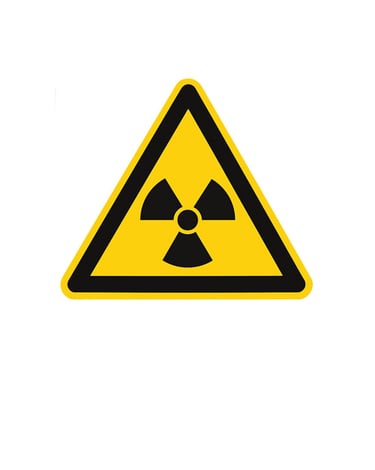

5. X-Ray Coordinator
Overview:
The X-Ray Coordinator course is designed for professionals responsible for overseeing and managing radiographic testing (RT) inspections in industrial settings. This course equips you with essential knowledge of X-ray inspection processes, radiation safety, and defect identification, ensuring compliance with industry standards.
What You’ll Learn:
Principles of Radiographic Testing (RT) and its applications
Radiation safety protocols and regulatory compliance
Coordination and scheduling of X-ray inspections
Interpretation of X-ray images to identify defects
Best practices for documentation and reporting
Career Opportunities:
Completing this course prepares you for roles such as X-Ray Coordinator, NDT Coordinator, Quality Inspector, or Radiographic Testing Supervisor in industries like oil & gas, manufacturing, construction, and power generation


6. Engineering Drawing
Overview:
This knowledge-based training course is designed to teach you how to read and interpret isometric drawings—a crucial skill for understanding three-dimensional representations on a two-dimensional plane. Ideal for aspiring engineers, quality inspectors, and technical support staff, this course provides a solid foundation in the conventions and techniques needed to analyze isometric views.
What You’ll Learn:
Introduction to Isometric Drawings: Understand what isometric drawings are and why they’re used in technical communication.
Axes and Geometry: Learn about the three principal axes in an isometric view and how objects are projected onto these axes.
Key Elements Identification: Identify critical elements in isometric drawings, such as dimensions, angles, and hidden details.
Visualization Techniques: Develop skills to mentally transform 2D isometric drawings into 3D representations for better understanding.
Why Choose NQI for Your Training?


Career Placement Support – We connect you with industries where your skills are valued.
Expert trainers with real-world experience.
Practical, hands-on learning approach.
Affordable and flexible training options.
Comprehensive resources and support.
Certificate of Completion – Enhance your professional profile and open doors to new career opportunities
Real World Application
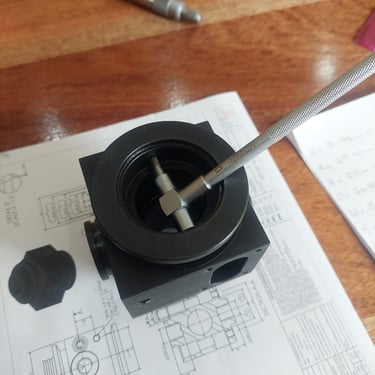
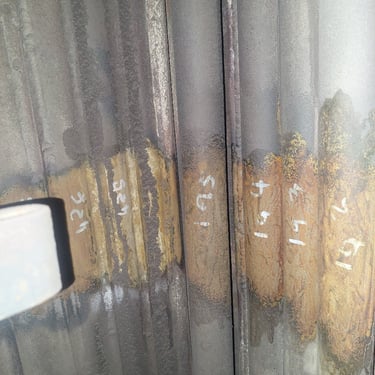

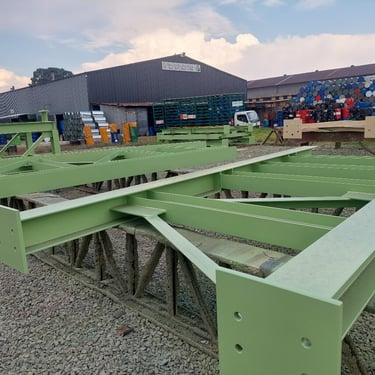
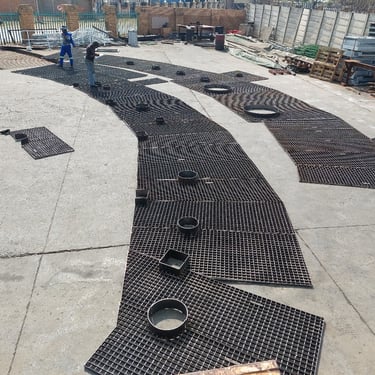
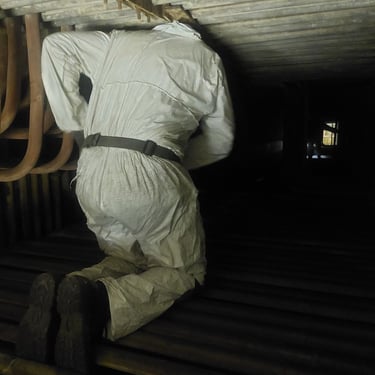
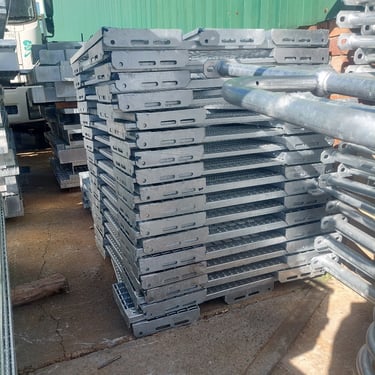

Frequently asked questions
1. What is the difference between a Quality Controller (QC) and a Welding/Mechanical Inspector?
A Quality Controller (QC) focuses on ensuring that products and processes meet defined quality standards across various areas. This role typically involves monitoring and inspecting the overall quality but does not require specialized knowledge of technical fields like welding or mechanical components.
• Welding Inspectors specialize in assessing the quality and compliance of welds according to specific standards such as AWS D1.1 or ISO 3834.
• Mechanical Inspectors focus on inspecting mechanical parts and systems, ensuring they meet engineering specifications.
In short, while a QC ensures general quality standards, Welding Inspectors and Mechanical Inspectors are highly specialized roles requiring technical expertise in their respective areas.
2. Do I need prior experience to take a course?
No prior experience is required for most courses, but having some industry knowledge can be helpful. Our courses are designed to accommodate both beginners and experienced professionals. If you’re unsure whether a course is right for you, contact us for guidance
3. Do you offer job placement assistance?
We provide career guidance and support through our network of industry contacts, which may help open doors to job opportunities post-certification.a
4. How can I register for a course?
You can register for any of our courses through our website or by contacting us directly.
5. What payment methods are accepted?
We accept EFT (bank transfer) and other secure payment options.
6. Will I receive a certificate after completing a course?
Yes, you will receive a Certificate of Completion (COC) after successfully completing any of our courses.
7. Are there any discounts available for group bookings?
Yes, we offer discounts for group bookings. Please contact us directly for more details and to discuss specific arrangements for your group.
8. How can I contact NQI for more information?
You can reach us by:
• Email: info@northernqualityinstitute.co.za
• Phone: 010 825 6351
• Website: https://northernqualityinstitute.co.za
Get in touch
Have questions about our training programs or need assistance with enrollment? Contact us today!
Telephone
010 825 6351
Get In Touch!
Tel: 010 825 6351
Email: info@northernqualityinstitute.co.za
Address: 1st Floor, Eastlands Office Park, Bentel Ave, Jansen Park, Boksburg, 1459
